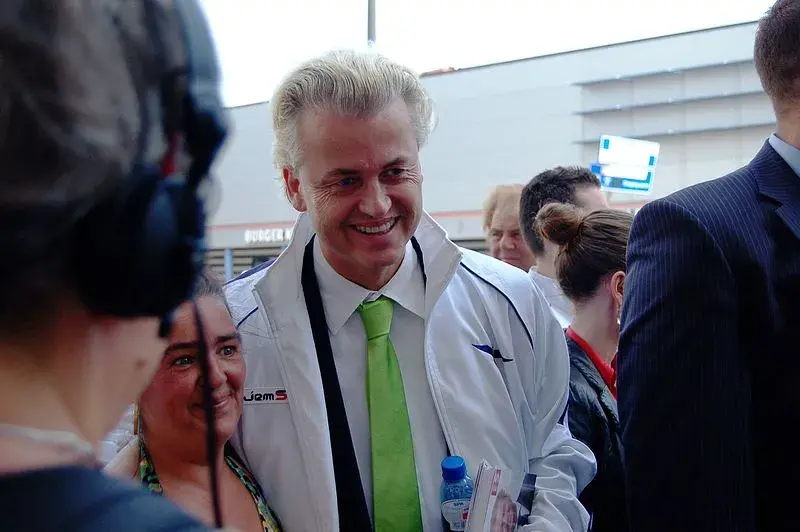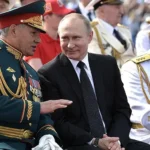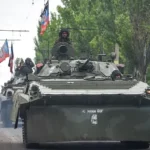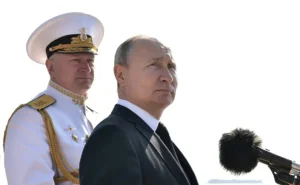Wilders expressed his willingness to resign from the position of prime minister due to not having enough support, despite winning the last elections.

The leader of the far-right in the Netherlands, Geert Wilders, announced on Wednesday that he will be unable to form a government despite his electoral victory in November, due to lack of support from parties with which he sought to form a coalition.
Wilders expressed his willingness to resign from the position of prime minister due to not having enough support, despite winning the last elections in the Netherlands with 23.5 percent of the votes.
“I can only become prime minister if ALL parties in the coalition support me. That was not the case,” Wilders stated on the social network X, almost four months after the legislative elections.
Wilders’ victory, from the Party for Freedom (PVV), caused astonishment in his country and in Europe.
In order to form a majority, he initially tried to ally with the Liberal VVD Party, the Farmers’ party BBB, and the centrist New Social Contract (NSC) party, but negotiations failed last month.
“I would like a right-wing government. With less asylum and immigration. The Dutch first,” he wrote.
In the Dutch political system, which is highly fragmented, it usually takes months of negotiations to form a government.
In November, Wilders won 37 out of 150 seats in Parliament, so he needs the support of another 39 to reach a majority of 76.
Dutch media have suggested that the country could now move towards forming a technocrat government.
The complex parliamentary arithmetic has led to the appointment of a negotiator, Kim Putters, to try to reach an agreement between Wilders’ party and the VVD, as well as the NSC, although the latter has expressed reservations due to the far-rightist’s extreme positions on migration and against Islam.
Social Democrat Frans Timmermans, candidate of the Green Left coalition who came in second in the elections, has also struggled to garner support, as the Dutch Parliament is practically dominated by parties ranging from center to right-wing ideologies.
On the other hand, pressure on dialogue increased after the name of Rutte, the acting prime minister, began to be mentioned strongly as a possible NATO Secretary General, which, according to Dutch media, could even be decided in April.
This would lead the Netherlands to an unprecedented situation, where another interim prime minister would have to be chosen until the winners of the elections reach agreements.







